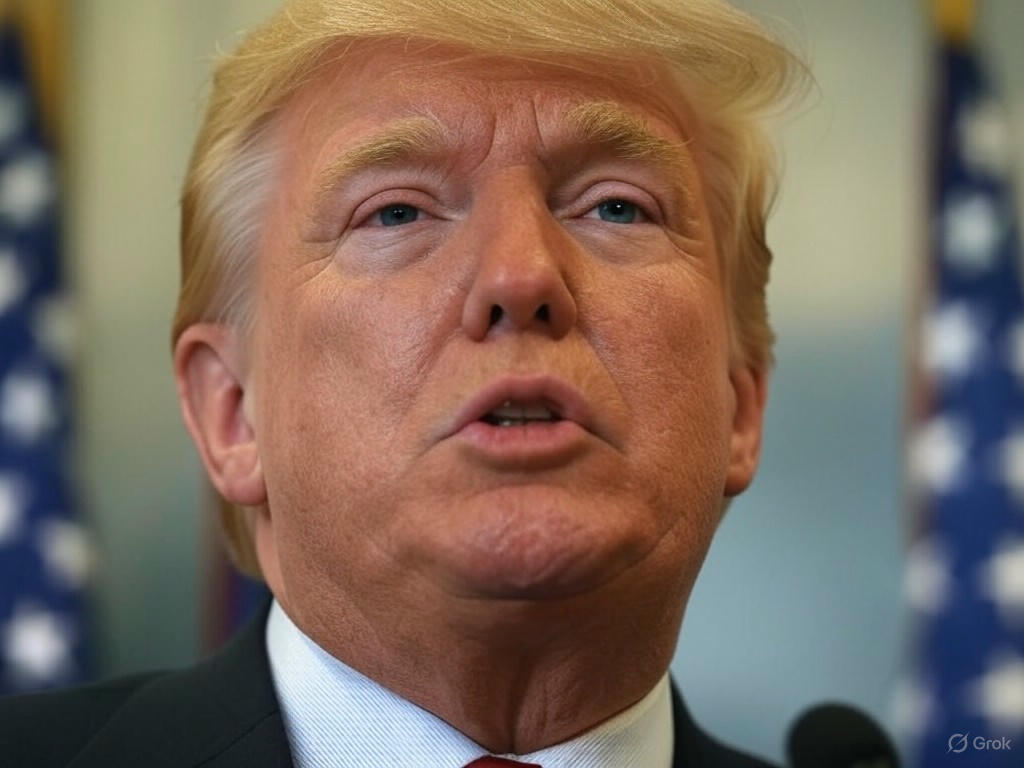In a bold and controversial move, the Trump administration has imposed sanctions on judges of the International Criminal Court (ICC), escalating tensions between the United States and the global judicial body. The decision, announced by U.S. Secretary of State Marco Rubio, targets ICC officials involved in investigations into alleged misconduct by American and Israeli military forces. This action has sparked widespread debate over the role of international justice and the influence of powerful nations in shaping global accountability.
The sanctions come as the ICC has been scrutinizing military operations conducted by the U.S. and its allies, raising questions about potential war crimes and human rights violations. Rubio defended the administration’s stance, arguing that the ICC oversteps its jurisdiction by targeting personnel from nations that are not signatories to the court’s founding treaty. He emphasized that the U.S. will not tolerate what it perceives as politically motivated probes that undermine national sovereignty. Critics, however, see this as an attempt to shield military actions from scrutiny, accusing the administration of undermining the principles of impartial justice.
This is not the first time the U.S. has clashed with the ICC. Over the years, Washington has maintained a skeptical stance toward the court, refusing to ratify the Rome Statute that established it in 2002. The latest sanctions, which include asset freezes and travel bans on the targeted judges, signal a deepening rift. Legal experts warn that such measures could intimidate ICC officials and deter future investigations into powerful states. Human rights advocates have also voiced concerns, arguing that the move sets a dangerous precedent by punishing those who seek to uphold international law.
The international community has reacted with a mix of alarm and condemnation. Several European nations, which strongly support the ICC, have called for dialogue to resolve the dispute. Meanwhile, advocacy groups have urged the U.S. to reconsider its approach, stressing that accountability for military actions is essential for global peace. Some analysts suggest that the sanctions could backfire, further isolating the U.S. on the world stage while emboldening other nations to disregard international judicial bodies.
As the fallout continues, the broader implications of this decision remain unclear. Will the ICC persist in its investigations despite the pressure, or will the sanctions hinder its ability to operate effectively? Beyond the immediate conflict, this episode raises fundamental questions about the balance between national interests and the pursuit of universal justice. For now, the world watches as the Trump administration doubles down on its stance, leaving the future of international accountability hanging in the balance. The clash between powerful states and global institutions like the ICC is far from over, and this latest chapter may redefine how justice is pursued on the international stage for years to come.
